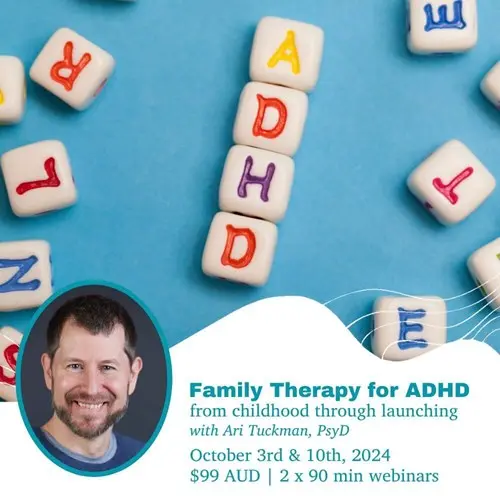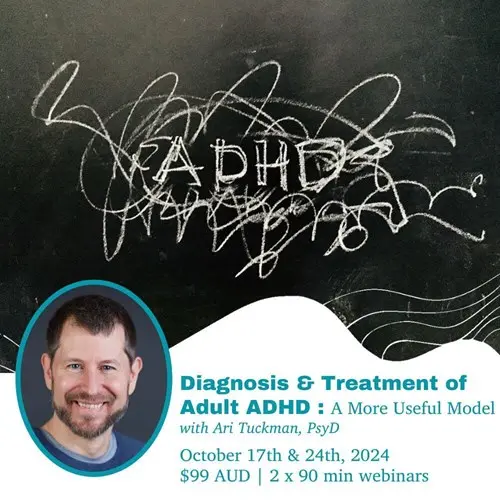In the EMDR Basic Training history taking and case conceptualisation is covered very briefly on Day 1 of Weekend 1. However, taking the history from the perspective of the Adaptive Information Processing (AIP) model requires a different perspective for clinicians who have been taught history taking using a variety of other models. The art of taking a history takes a lifetime to perfect but having theoretical structures in place facilitates the development of the skills required. This webinar approaches history taking from an AIP perspective with regards to exploration of adverse life experiences as a therapeutic intervention in its own right. It goes on to expand the history taking to include assessment of the client’s capacity to work within the Window of Tolerance.
The last part of the webinar explores techniques for identification of targets for reprocessing which are developed from the shared understanding of the history which has been taken.

Content
- Purpose of history taking, case conceptualisation and target identification
- Models for history taking
- Process of history taking and case conceptualisation
- Documenting the story as a therapeutic intervention
- Identifying targets for processing
About the Presenter
Tom Flewett is a Wellington based psychiatrist with 40 years of clinical and teaching expertise. He has worked in public practice in New Zealand specialising in the treatment of Trauma, Addictions and Dissociative Disorders. He has worked in community mental health services, inpatient units and as an independent assessor for the New Zealand Medical Council. His interest in psychological treatments for mental illness has been a consistent theme throughout his career and has seen him train in a variety of psychotherapeutic modalities. Having seen the results of EMDR therapy after his own training, he immediately set out to advance his experience as much as possible, qualifying as a trainer in 2016. In his practice, he uses EMDR therapy widely, with patients presenting with a variety of conditions from addictions to trauma to schizophrenia. For Francine Shapiro to have discovered such a powerful therapy with applications in so many different areas is a gift which he would like to share with as many clinicians as possible.












